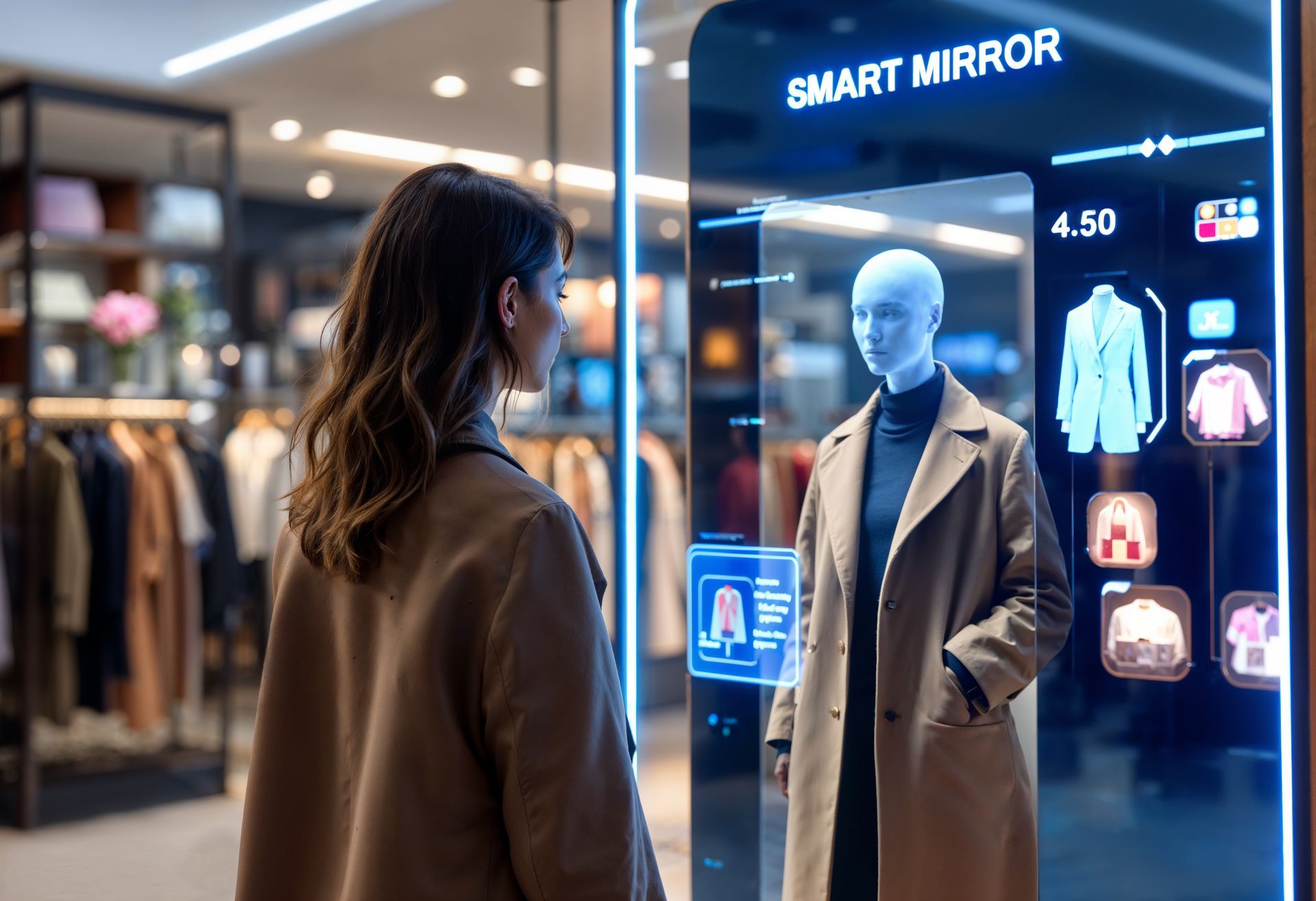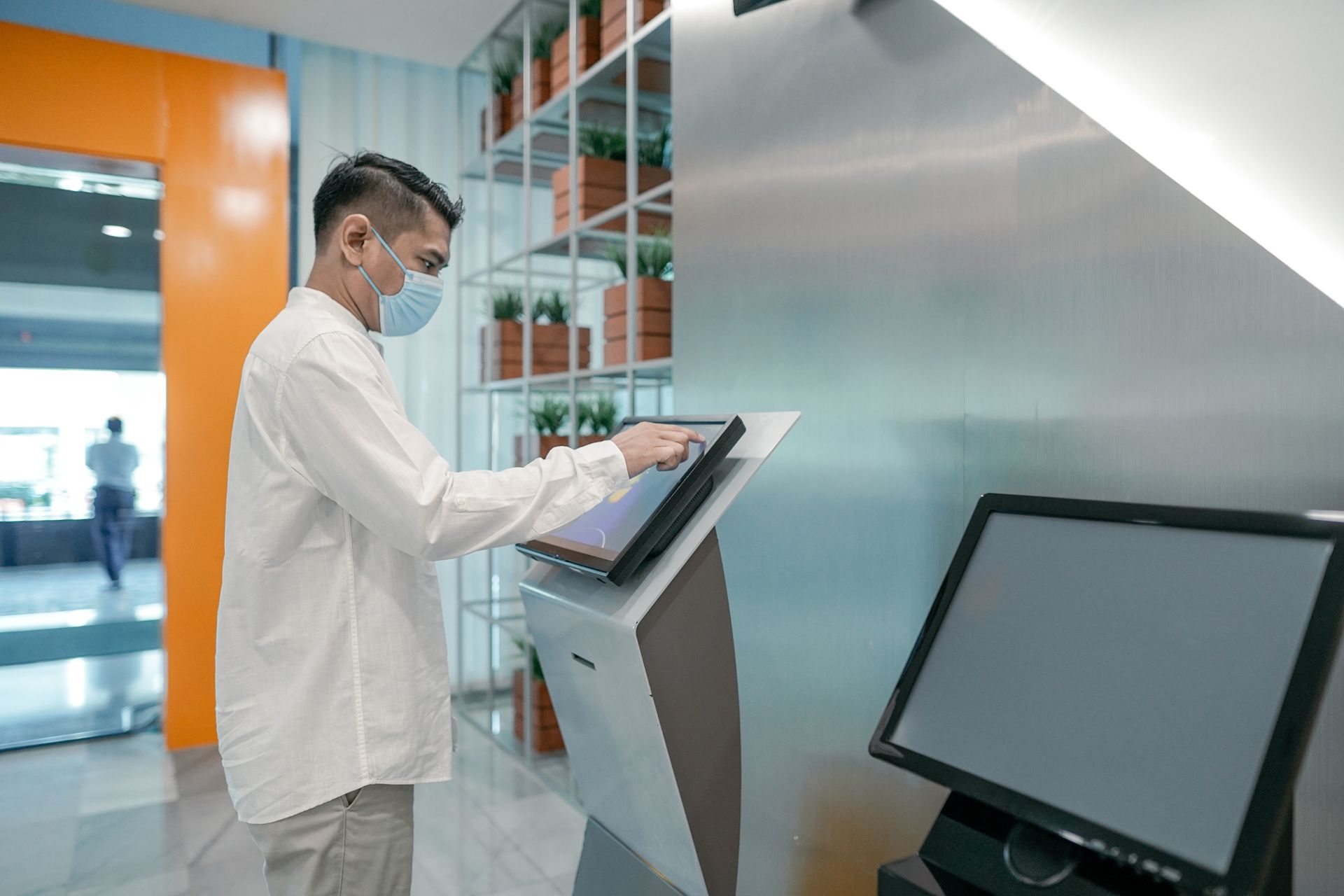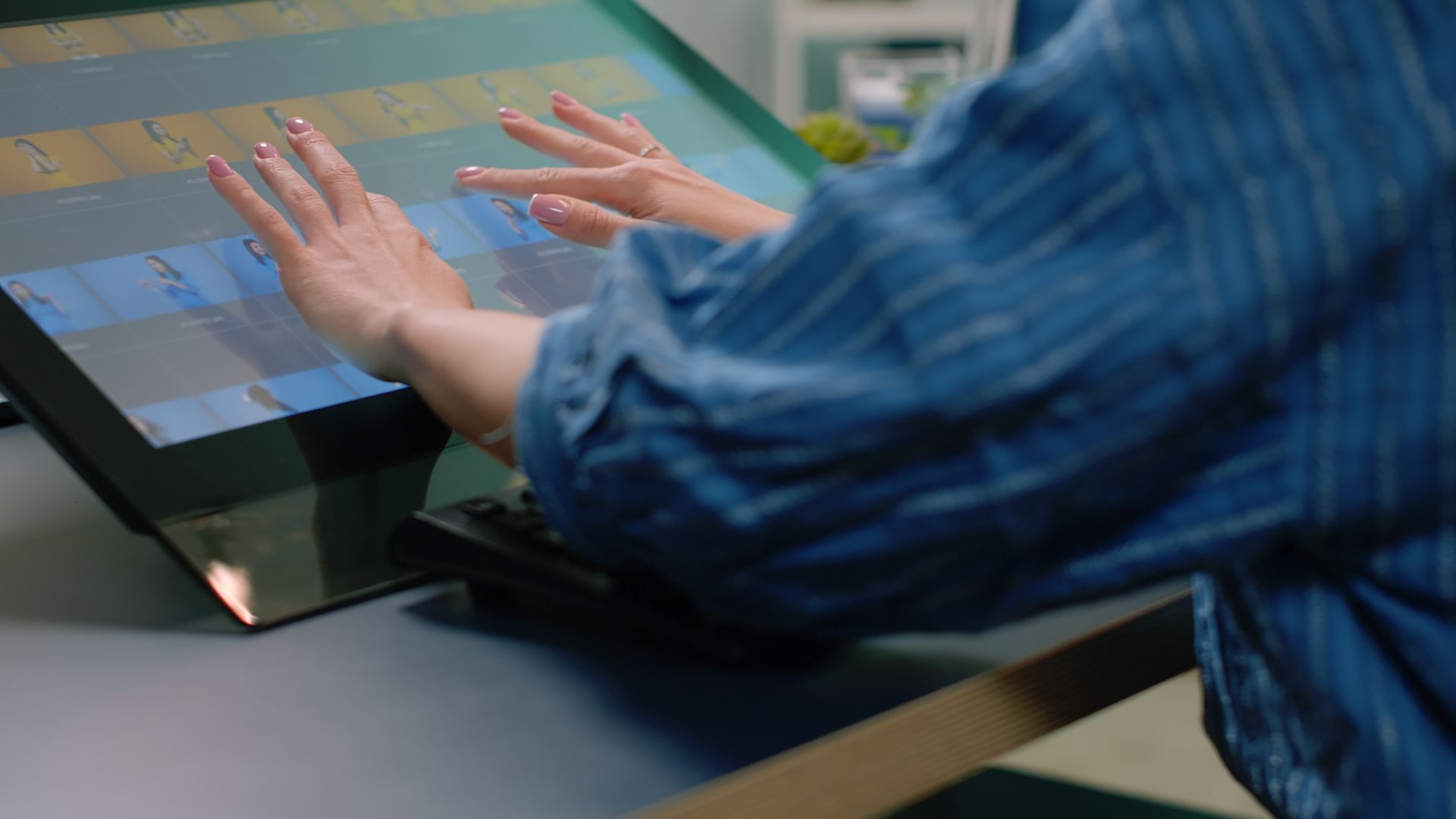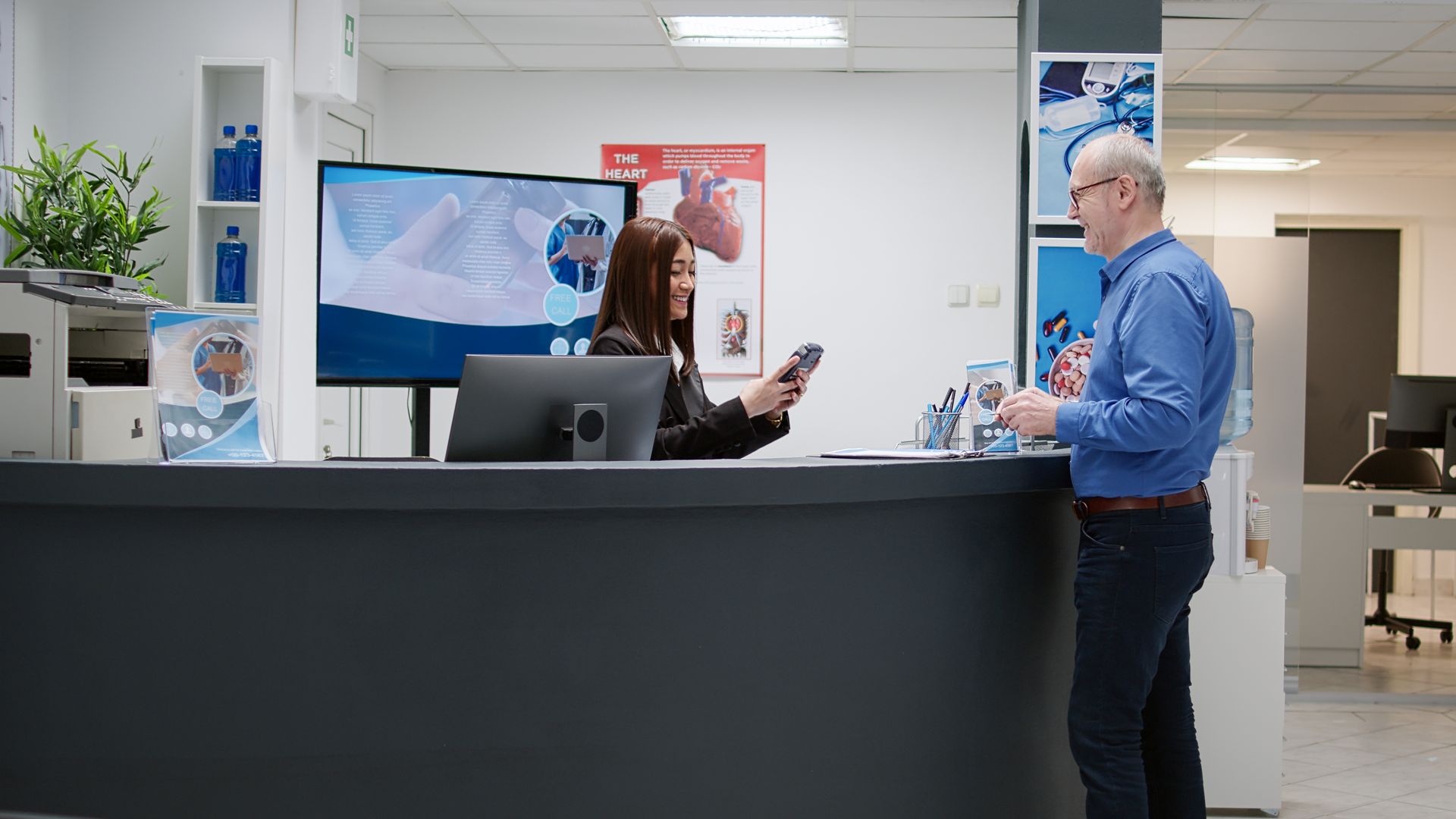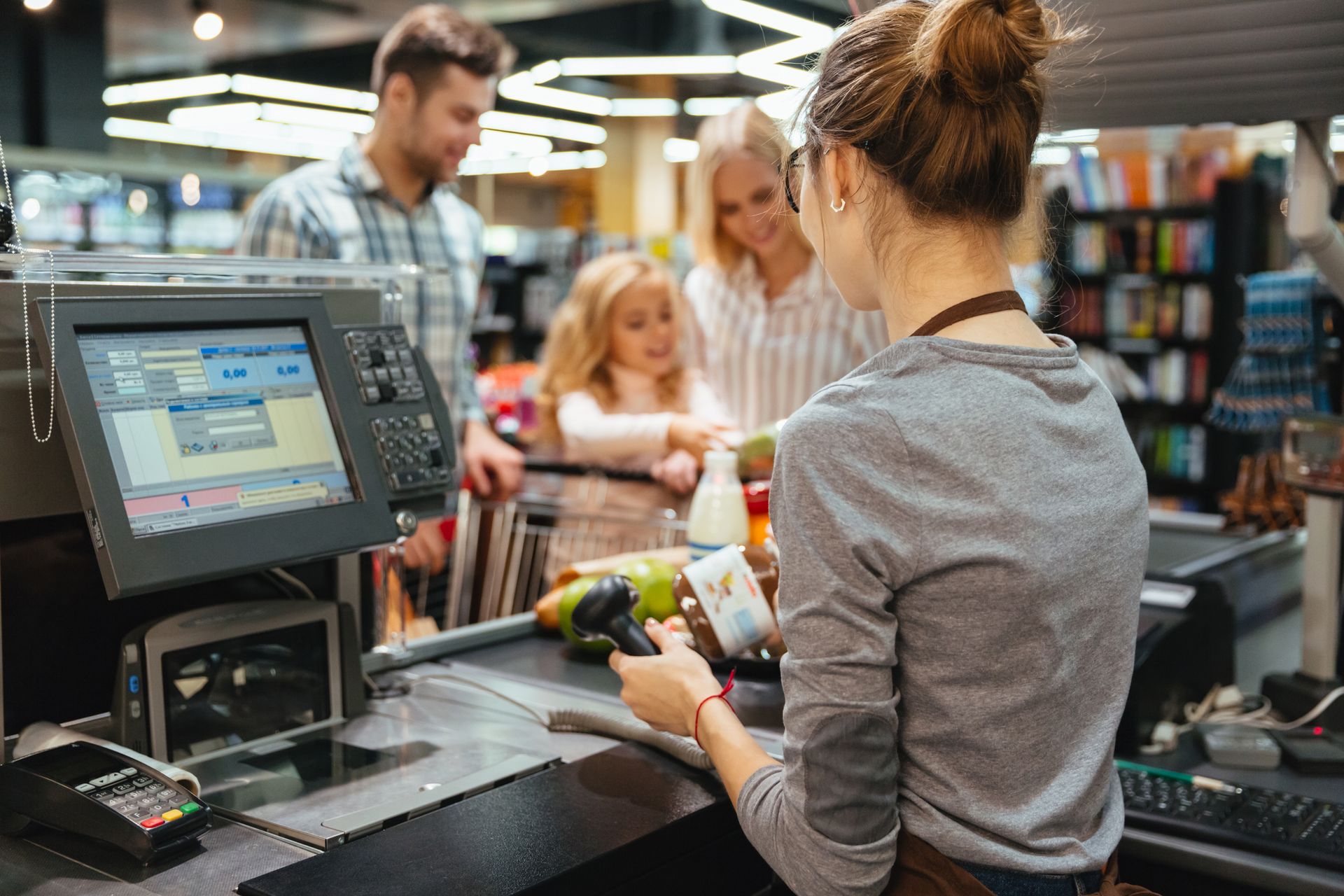How Self-Service Technology is Enhancing Customer Experiences in UAE Malls
How Self-Service Technology is Enhancing Customer Experiences in UAE Malls
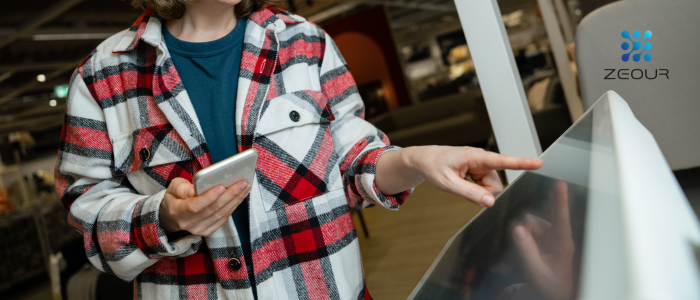
The retail sector in the UAE is undergoing rapid digital transformation, with malls embracing self-service technologies to improve customer experiences. In an era where convenience and speed are crucial, self-service tools like kiosks, digital signage, and mobile apps are becoming vital to the shopping experience. These technologies not only streamline processes for shoppers but also offer retailers efficient solutions for engaging customers, reducing wait times, and collecting valuable data. As a hub of luxury retail, UAE malls are adopting these technologies to provide shoppers with seamless, personalized, and interactive experiences.
The Role of Self-Service Kiosks in UAE Malls
Self-service kiosks are one of the most visible and widely adopted technologies in UAE malls. These kiosks provide customers with quick access to services like information, store directories, product searches, and even purchasing options. For instance, customers can use kiosks to navigate large malls like The Dubai Mall, quickly locate their favorite stores, and access exclusive promotions. Self-service kiosks also streamline processes such as ticket bookings and bill payments, allowing customers to complete tasks without interacting with staff.
By reducing waiting times and offering easy-to-use interfaces, kiosks enhance convenience for shoppers, ultimately improving the overall mall experience. Retailers benefit too, as kiosks reduce pressure on staff while offering customers a self-directed shopping journey. Malls across the UAE, such as Mall of the Emirates, have incorporated these kiosks to provide a high-tech, efficient shopping environment.
Digital Signage: A Key Tool for Enhancing Shopper Engagement
Digital signage has become a cornerstone of modern mall experiences, helping retailers and mall operators engage customers in dynamic ways. These digital displays offer targeted promotions, personalized advertisements, and real-time information on events or special offers. Digital signage in UAE malls often serves as interactive platforms where shoppers can engage directly, increasing the level of personalization and interaction.
For example, Dubai Festival City Mall uses digital signage to display live promotions and navigation aids, helping customers find stores and offers easily. This technology improves foot traffic by drawing attention to specific areas and enticing shoppers with personalized content based on their browsing history or preferences. As digital signage evolves, it continues to play a key role in creating an engaging, visually appealing environment for mall-goers.
Mobile Apps and Self-Service in Malls
Mobile apps are revolutionizing how customers interact with malls, offering a range of self-service features that enhance convenience and engagement. From browsing store directories to accessing loyalty programs, mobile apps provide an all-in-one platform for a personalized shopping experience. Many malls in the UAE, such as The Dubai Mall and Marina Mall in Abu Dhabi, have launched dedicated apps that allow customers to navigate the mall, access real-time parking availability, and receive tailored promotions.
Through these apps, customers can also use mobile payments to complete transactions faster or book services like valet parking and restaurant reservations. The integration of self-service capabilities into mobile apps helps malls maintain a competitive edge by offering customers control over their shopping journey, even before they step foot inside the mall.
Benefits of Self-Service Technology for Retailers
For retailers, self-service technologies offer a wealth of benefits beyond customer satisfaction. By automating routine tasks like order placements, returns, and customer inquiries, retailers can reduce operational costs while improving service efficiency. Self-service kiosks and apps enable stores to serve more customers in less time, leading to increased sales and reduced staffing needs.
Moreover, these technologies foster customer loyalty by allowing retailers to offer personalized promotions and rewards through digital platforms. Retail brands such as Carrefour in the UAE have successfully implemented self-checkout kiosks and mobile apps that streamline the purchasing process, reduce wait times, and offer personalized shopping experiences based on customer preferences.
Real-Time Data Collection and Analytics from Self-Service Tools
One of the greatest advantages of self-service technology is the ability to collect real-time data on shopper behavior. Every interaction with a kiosk, mobile app, or digital display generates valuable insights, such as customer preferences, peak shopping times, and popular products or services. This data allows mall operators and retailers to optimize their offerings, staff scheduling, and marketing strategies based on actual shopper behavior.
Malls like Yas Mall in Abu Dhabi have integrated advanced analytics into their self-service systems to monitor customer engagement and adjust their service offerings. With this data-driven approach, malls can make informed decisions on promotions, store layouts, and event planning, ultimately enhancing the customer experience and boosting sales.
Self-Service in Food Courts and Entertainment Areas
Self-service technology extends beyond retail stores and is now transforming food courts and entertainment zones in UAE malls. Self-service kiosks allow customers to browse menus, place orders, and pay without waiting in line. This is especially useful during peak hours when food courts experience high traffic. Malls like The Dubai Mall have introduced self-service kiosks in their food courts, enabling customers to avoid long queues and enjoy a more efficient dining experience.
In entertainment areas like cinemas and gaming zones, self-service kiosks are streamlining ticket purchases and concession orders. Vox Cinemas, one of the leading cinema chains in the UAE, has implemented self-service kiosks that allow customers to select seats, purchase tickets, and order snacks, enhancing the overall movie-going experience.
Multilingual and User-Friendly Features of Self-Service Solutions
UAE’s diverse population makes it essential for malls to offer multilingual and user-friendly self-service solutions. With millions of tourists and expatriates from different countries, ensuring that self-service kiosks, apps, and digital signage cater to a variety of languages is crucial for accessibility. Many malls in the UAE, such as Mall of the Emirates, have incorporated multilingual options into their self-service platforms, making it easier for international shoppers to navigate and access services.
User-friendly interfaces are equally important. Self-service technologies need to be intuitive and simple to use, ensuring that shoppers of all ages and tech-savviness can benefit from these tools. By focusing on accessibility, malls can improve customer satisfaction and ensure that their self-service solutions are effective for all shoppers.
Enhancing the Tourist Shopping Experience with Self-Service Technology
Tourism plays a major role in the UAE’s retail sector, with malls often serving as prime attractions for visitors. Self-service technologies like kiosks, digital maps, and mobile apps are particularly valuable in enhancing the shopping experience for tourists. These tools help international visitors navigate the large-scale malls, access currency exchange services, and find tourist-specific offers or VAT refund services.
In malls such as The Dubai Mall, tourists can use mobile apps to find nearby hotels, restaurants, and attractions. Digital kiosks provide helpful information on transportation and nearby tourist hotspots, ensuring that visitors make the most of their shopping experience. By integrating tourist-friendly self-service solutions, malls are positioning themselves as key destinations for global travelers.
Self-Service Technology and Sustainability in Malls
Self-service technologies are not only enhancing convenience but also promoting sustainability in UAE malls. Digital kiosks, mobile payments, and digital signage reduce the need for paper receipts, printed directories, and other wasteful materials. This shift towards digital solutions aligns with the UAE’s growing emphasis on sustainability and eco-friendly initiatives.
For example, malls like Dubai Festival City are adopting eco-friendly technologies that minimize paper waste and energy consumption, contributing to a greener shopping environment. By investing in self-service solutions that are both efficient and sustainable, malls can appeal to environmentally conscious consumers while reducing their carbon footprint.
Personalized Shopping Experiences Through Self-Service Technology
Self-service technologies enable malls and retailers to offer personalized shopping experiences tailored to individual preferences. Through mobile apps and kiosks, shoppers can receive personalized recommendations, discounts, and promotions based on their past shopping behaviors. Retailers use customer data to customize offers and create a more engaging, relevant shopping journey.
For instance, Mall of the Emirates offers personalized promotions to customers through its mobile app, allowing them to access deals that match their interests. This level of personalization enhances customer loyalty and drives repeat visits, making self-service technology an essential tool for improving customer engagement.
Security and Privacy Concerns in Self-Service Solutions
While self-service technologies offer numerous benefits, they also raise concerns about data security and privacy. With customers entering personal information for payments and services, it’s crucial for malls and retailers to ensure that their systems are secure. Ensuring the protection of customer data through encryption, secure payment gateways, and compliance with privacy laws is essential to maintaining trust.
In the UAE, malls adhere to strict regulations that govern data protection and privacy, ensuring that self-service solutions meet the highest security standards. Malls like The Dubai Mall have implemented secure payment systems in their self-service kiosks and mobile apps, providing peace of mind to customers.
The Future of Self-Service Technology in UAE Malls
Looking ahead, self-service technologies will continue to evolve, becoming even more integral to the shopping experience. The integration of artificial intelligence (AI), machine learning, and the Internet of Things (IoT) will enable more advanced personalization and automation. Future self-service solutions will anticipate customer needs, offering a frictionless shopping journey with minimal human intervention.
Malls in the UAE are expected to expand their use of these technologies, creating smart retail environments where every aspect of the customer experience is enhanced through technology. As digital transformation continues, the future of shopping in the UAE will be defined by innovation, convenience, and customer-centric self-service solutions.
Conclusion
Self-service technologies are revolutionizing the customer experience in UAE malls, offering shoppers greater convenience, personalization, and efficiency. From self-service kiosks and mobile apps to digital signage and data-driven insights, these tools are reshaping how malls engage with their customers. As malls continue to adopt and enhance these technologies, the shopping experience will become increasingly seamless, sustainable, and tailored to individual needs. UAE malls are at the forefront of this transformation, providing a glimpse into the future of retail.



